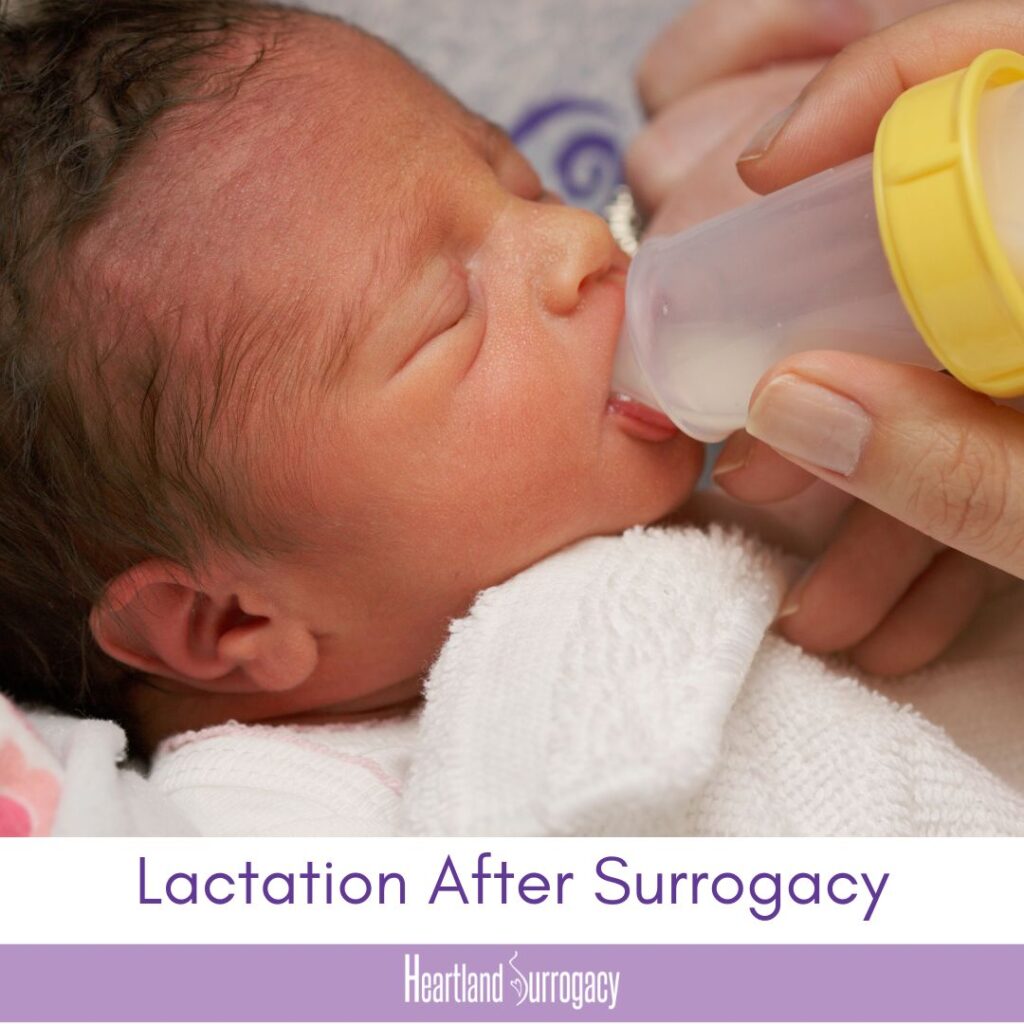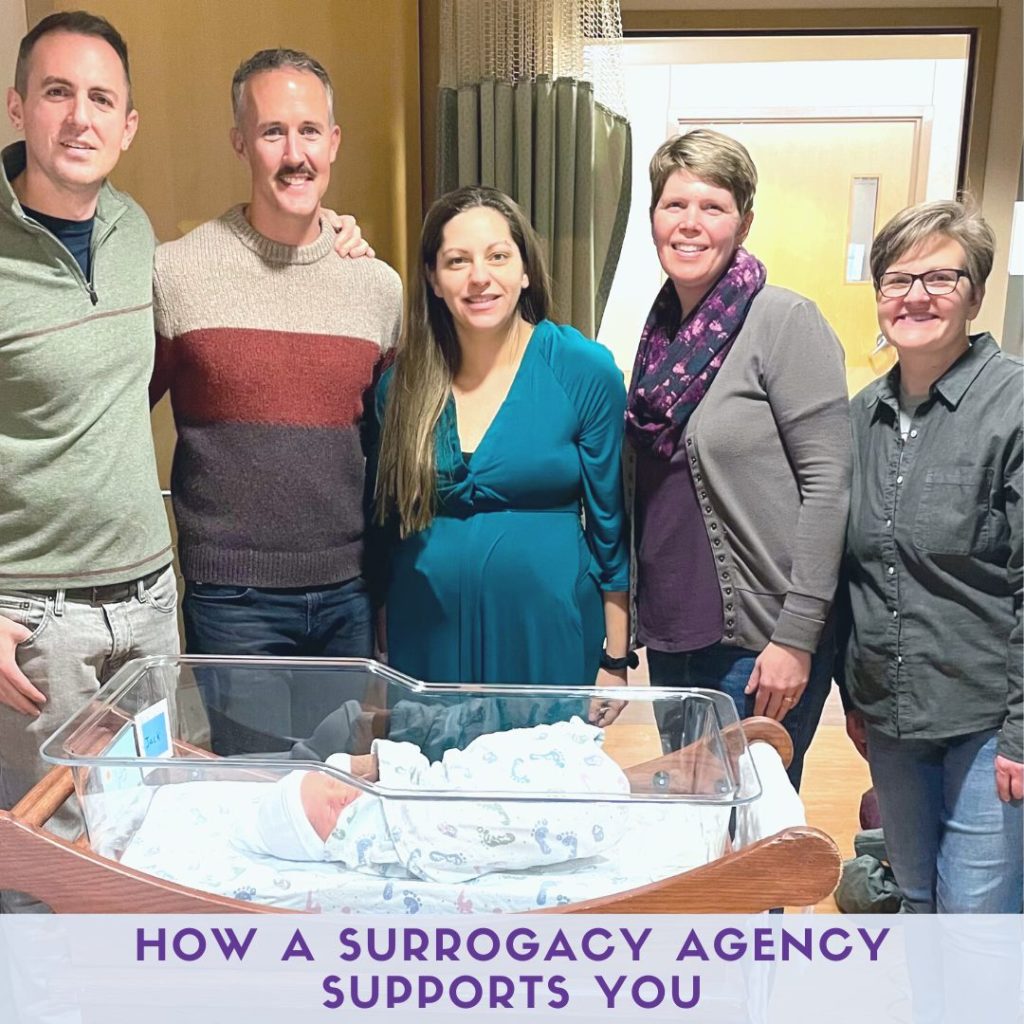Becoming a surrogate is a physically demanding and emotional process, even for women who enjoy being pregnant. Are you trying to decide if surrogacy is the right path for you? Part of your decision-making process will include some heavy soul searching. Below are some questions Heartland Surrogacy recommends you consider.

1. What is my motivation?
Motivation is an essential part of becoming a surrogate. In compensated surrogacy, getting paid cannot be the sole motivator (though it is a nice bonus!). Experienced surrogates will tell you that there is no amount of money that is equal to the medical, legal, and emotional work you will undertake as a surrogate. Rather than payment, your greatest reward will be helping intended parents build their family. Spend time thinking about the reasons surrogacy calls to you. Is it the joy of pregnancy or sharing the love of parenthood with others? Do you have the time, stamina, determination, and caring heart to give this ultimate gift?
2. Is my family complete?
One of the standard requirements for surrogacy is that the gestational carrier has delivered a child and is currently parenting that child. At Heartland Surrogacy, we also ask that you pursue surrogacy once you are done carrying your own children. Pregnancy and delivery are inherently risky processes, even for women with previous uncomplicated pregnancies. Some complications can jeopardize or destroy fertility and/or the ability to carry another pregnancy. Therefore, before you decide to build a family for someone else, be sure you are done carrying babies for your own family.
 3. How will being a surrogate affect my day-to-day responsibilities?
3. How will being a surrogate affect my day-to-day responsibilities?
A surrogacy pregnancy can interrupt work schedules and family life in the same way a typical pregnancy can. But add in meetings with lawyers and IPs, screenings, and IVF treatments, and all of the sudden you are very busy! Think about how you will handle work and family responsibilities while juggling these appointments. Also, consider the amount and type of support you have for this process, particularly for when you may feel exhausted, unwell, or require bed rest.
4. How will this affect my family?
If you have a partner, it is essential to have their complete support during your surrogacy journey for all the reasons listed above. You should also consider the impact that your journey will have on your children, including how you care for them while you are undergoing IVF, pregnant, and postpartum and how you will discuss your journey with them now and in the future. You will likely need extra help with child care during your surrogacy journey, particularly if you will be traveling for your medical clearance and IVF transfer appointments.
 5. Where can I find support?
5. Where can I find support?
Do you have friends that you could talk to about your journey? Are there surrogate support groups in your area? Are you willing to seek professional help such as therapy or counseling if needed or required in your surrogacy contract? It is important to have some idea of where you can turn for support before you start your journey. You may want a supportive friend or family member to travel with you for your medical clearance appointments or your IVF transfer.
Surrogacy is a selfless act of love that requires much thought and reflection. It will, at minimum, result in a year of challenges and joy for you, your family, and the intended parents. While it is an incredibly rewarding experience, you need to be completely honest with yourself in deciding if it is the right path for you.
Interested in reading the perspective of women who have chosen to be surrogates? Check out some our other blog posts!
Questions? Contact Heartland Surrogacy.




